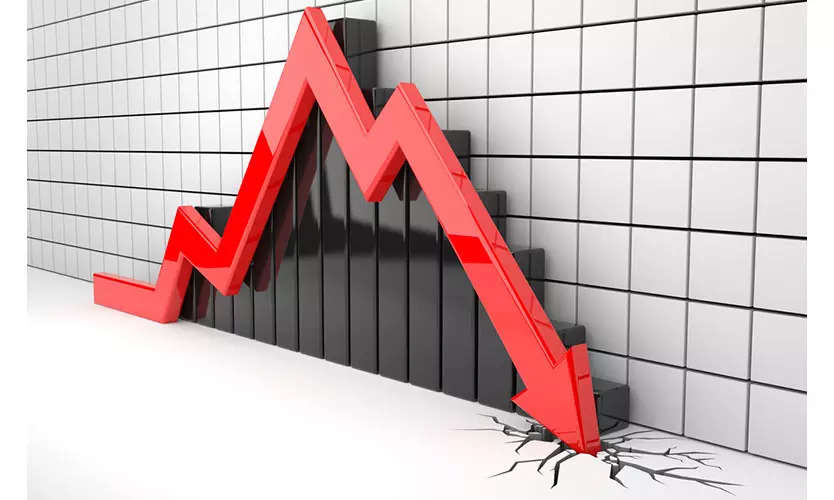
Shares in debt-laden Evergrande‘s e-vehicle unit slumped by more than 10 per cent Monday after the firm scrapped a proposed Shanghai listing, and with the property developer mired in a liquidity crisis.
Evergrande is struggling with more than $300 billion of debt from a years-long acquisition binge, including into electric vehicles once billed as a rival to Elon Musk’s dominant Tesla brand.
There are fears any defaults on tens of millions of dollars of interest payments could spark a chaotic implosion of the firm, China’s second-largest developer, with major repercussions for the domestic economy and the rest of the world.
Shares in Evergrande New Energy Vehicle, also known as Evergrande Auto, fell to HK$1.95 in early trading in Hong Kong Monday, after it scrapped the planned Shanghai listing via a Sunday stock exchange filing.
In a separate exchange filing late Friday, Evergrande NEV said its parent company’s cash crisis would have a “material adverse impact” on production.
The firm warned of a “serious shortage of funds” which forced it to suspend “paying some of its operating expenses and some suppliers”.
It admitted “there is no guarantee that the Group will be able to meet its financial obligations under the relevant contracts”, as it looks for strategic investors.
The car unit’s share price has lost 80 per cent of its value since February this year.
Evergrande’s travails have spooked global markets and raised fears of a tightening of Chinese consumer confidence, which could quickly seep into everything from home buying to demand for steel as well as the appetite for luxury goods.
As the debt crisis threatened to overwhelm the company last week, Evergrande agreed a last-minute deal with domestic bondholders that would avoid default on one bond payment.
But it remained silent on a separate $83.5 million bond interest payment due one day later.
A $47.5 million interest payment on a US dollar bond is due Wednesday — another key milestone likely to be closely watched by markets.
The group — which claims to employ 200,000 people and indirectly generate 3.8 million jobs in China — has said it is trying to avoid a bankruptcy that could reverberate around the world.
While the government has not yet decided to bail out the struggling firm, analysts say Evergrande could be forced to undergo a state-led restructuring similar to previous moves to save stricken corporate behemoths such as Anbang and HNA Group.
The Financial Times reported Monday that at least two local governments in China had taken control of sales revenue from Evergrande properties, as fears also rise of the social ramifications of large numbers of Chinese home buyers being left out of pocket.
Also read: